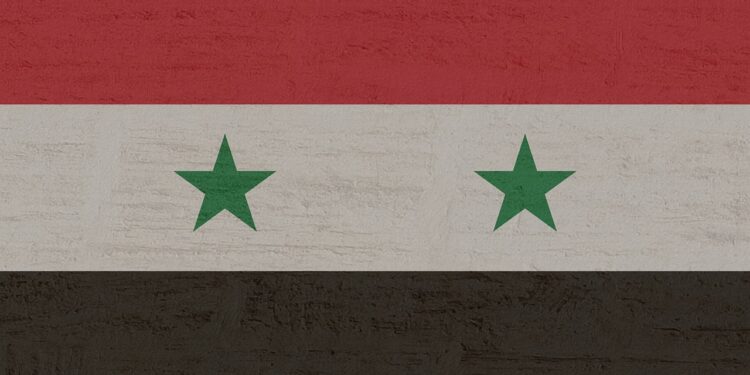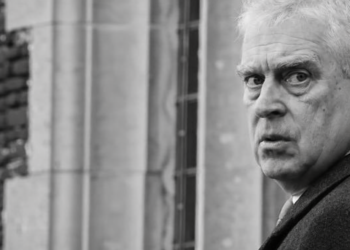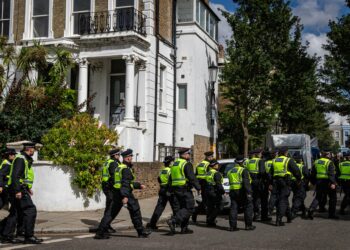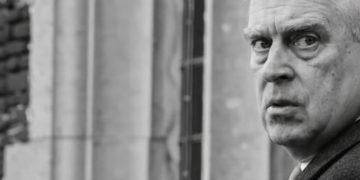In a high-stakes televised address, Syria’s interim president Ahmed al-Sharaa declared the protection of the Druze minority his “priority,” following Israeli airstrikes on Damascus that targeted Syrian forces accused of attacking the religious sect. The fiery speech, Sharaa’s first since the Wednesday bombings, warned that Syrians “are not afraid of war,” even as reports emerged of a fragile ceasefire in Suweida province, where sectarian violence has left over 350 dead in just days.
The Syrian state media claimed the military had begun withdrawing from Suweida, a Druze stronghold, under a controversial ceasefire deal with local leaders. However, doubts persist over whether the agreement will hold, given the Syrian government’s alleged role in extrajudicial killings of Druze civilians. The violence erupted Sunday when Druze militias clashed with Bedouin tribes, prompting the first deployment of government troops to the region since Sharaa’s Sunni Islamist faction toppled Bashar al-Assad in December.
As tensions escalated, Israeli Prime Minister Benjamin Netanyahu vowed to protect Druze communities, declaring that Israeli forces were “acting to save our Druze brothers” while targeting Syrian military headquarters in Damascus and armored convoys headed toward Suweida. The strikes, described by Israel as preemptive, hit weapons depots and military posts near the Golan Heights, where hundreds of Druze reportedly crossed the border into Syria in a show of solidarity.

The Druze Dilemma: A Minority Caught Between Warring Factions
The Druze, a secretive offshoot of Shia Islam, have long been skeptical of Sharaa due to his ties to Hayat Tahrir al-Sham (HTS), a former al-Qaeda affiliate still branded a terrorist group by the UN. Their fears have only grown after May’s deadly clashes between Druze fighters and Syrian security forces, which also triggered Israeli military intervention. In his speech, Sharaa insisted the Druze were “a fundamental part of Syria,” blaming “external parties” for stoking unrest—a clear jab at Israel and the US.
With the Syrian Observatory for Human Rights (SOHR) reporting 79 Druze fighters and 55 civilians among the dead—including 27 allegedly executed by Syrian forces—the US State Department confirmed it was negotiating with all sides. Secretary of State Marco Rubio hinted at a potential resolution but provided no details, saying only that Washington expected “all parties to deliver on their commitments.” Meanwhile, Lt. Gen. Eyal Zamir, Israel’s military chief, warned there was “no room for disorder” near the Golan border, signaling further strikes if the violence spills over.
Why it Matters
As Suweida’s security is handed to Druze elders, Sharaa’s promise to hold perpetrators accountable faces scrutiny. With Israel on high alert, US diplomacy in play, and sectarian tensions at a boiling point, the crisis threatens to unravel Syria’s fragile post-war order.
One question looms largest: Will the Druze survive, especially as they are caught between a distrusted government, rival militias, and the shadow of Israeli intervention? That remains to be seen.
More details to come later….

















